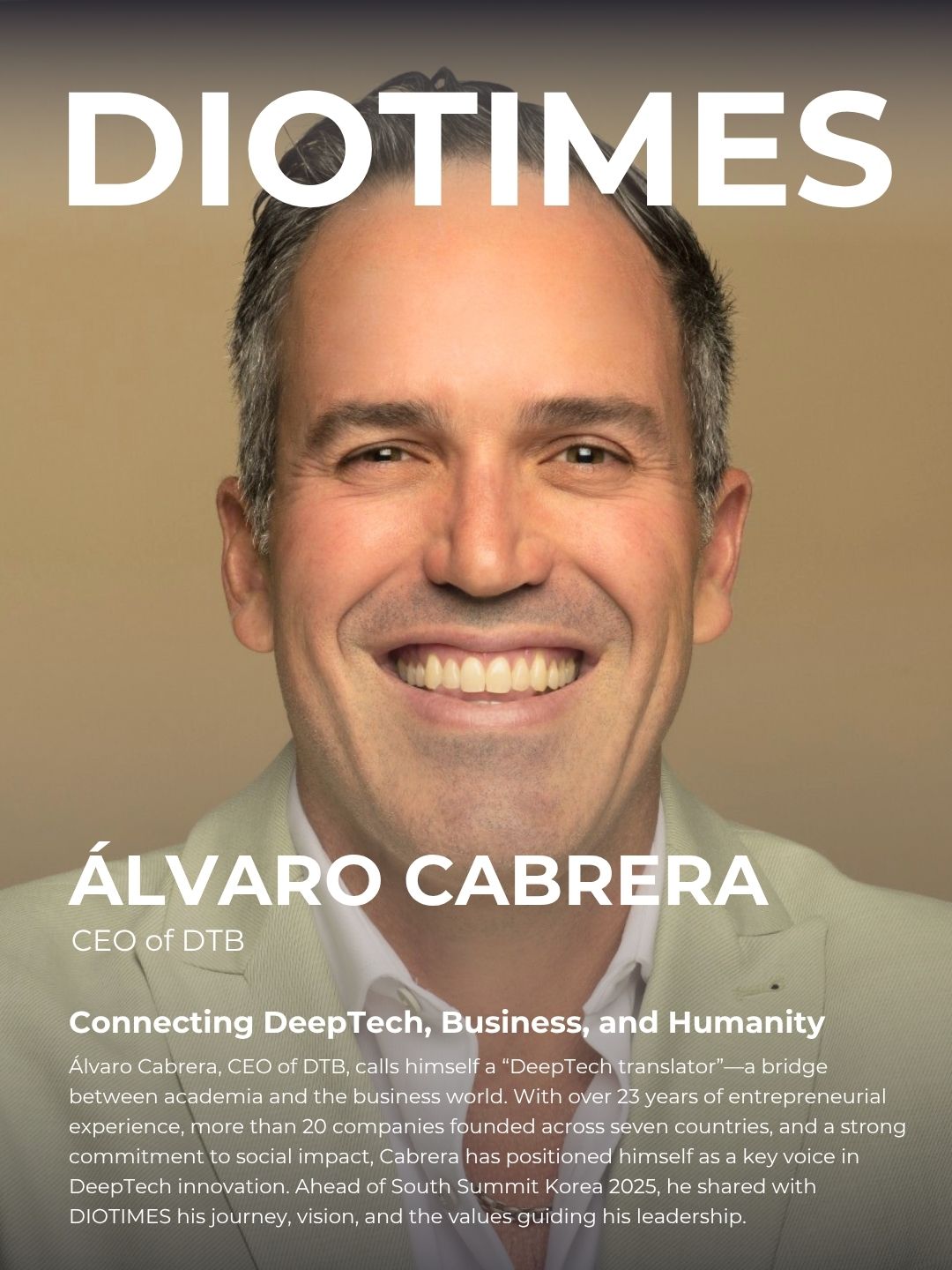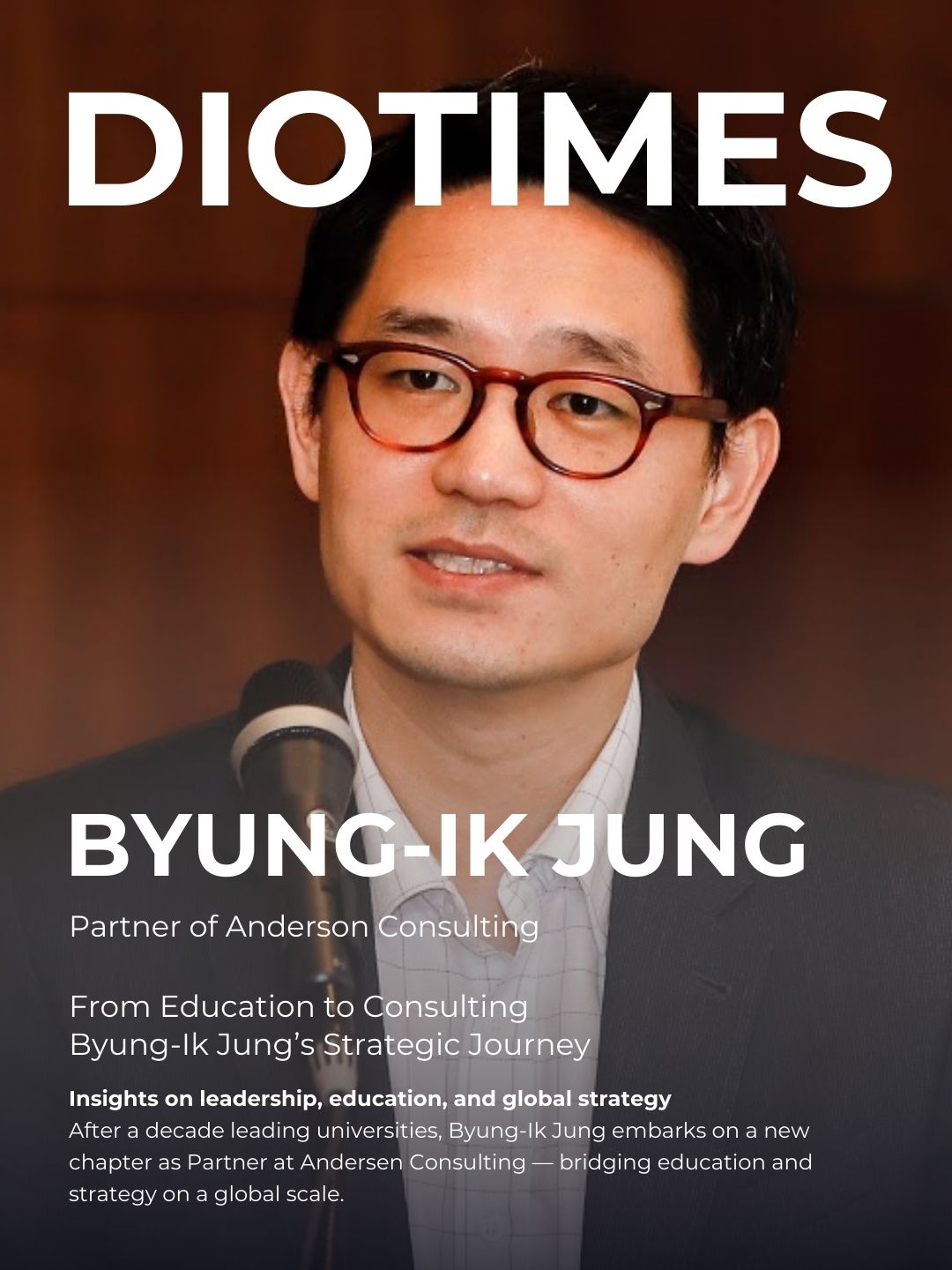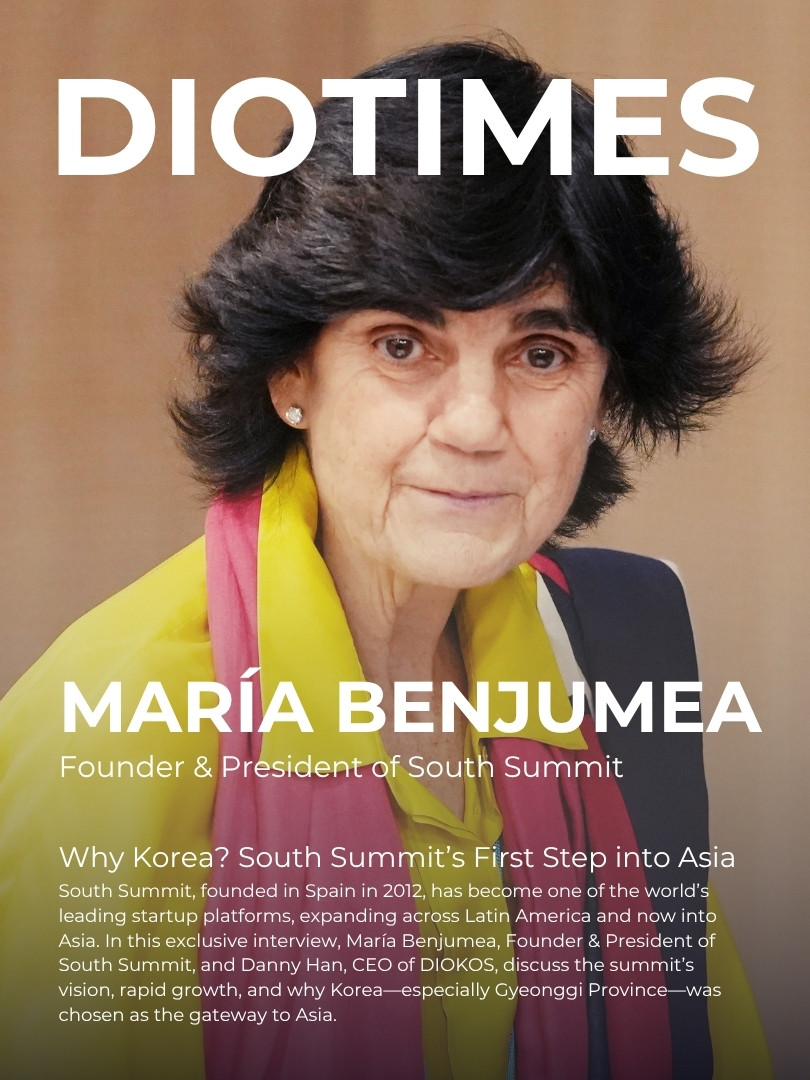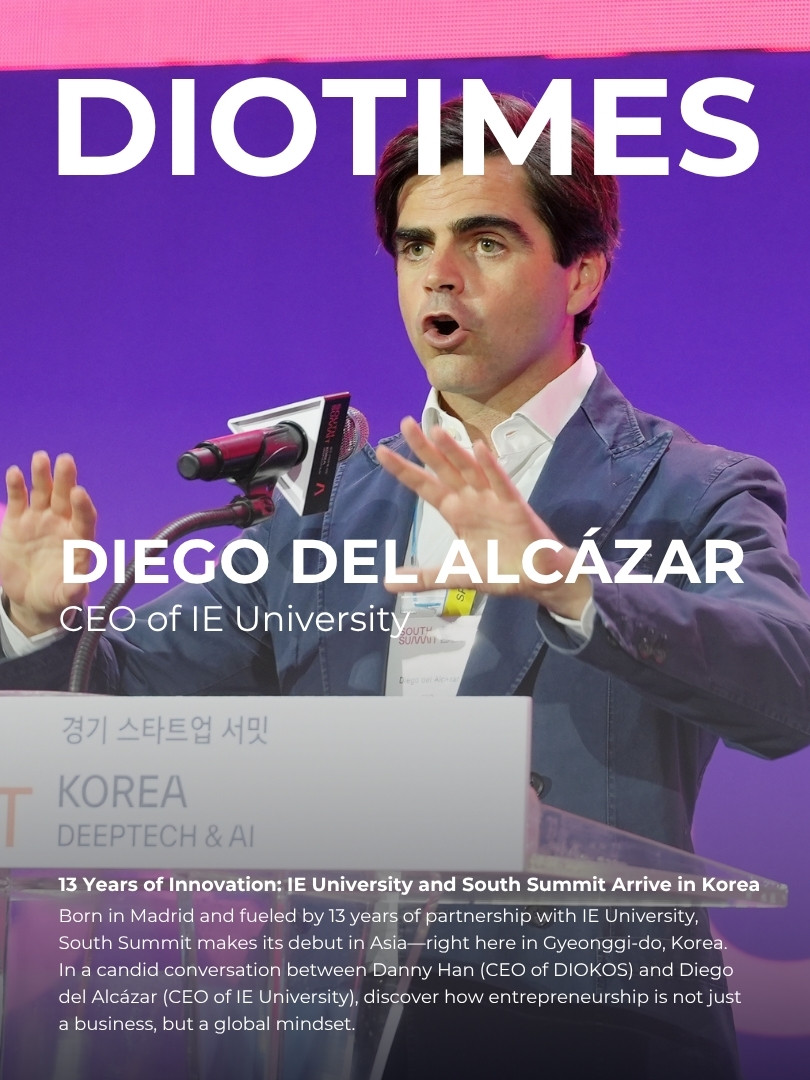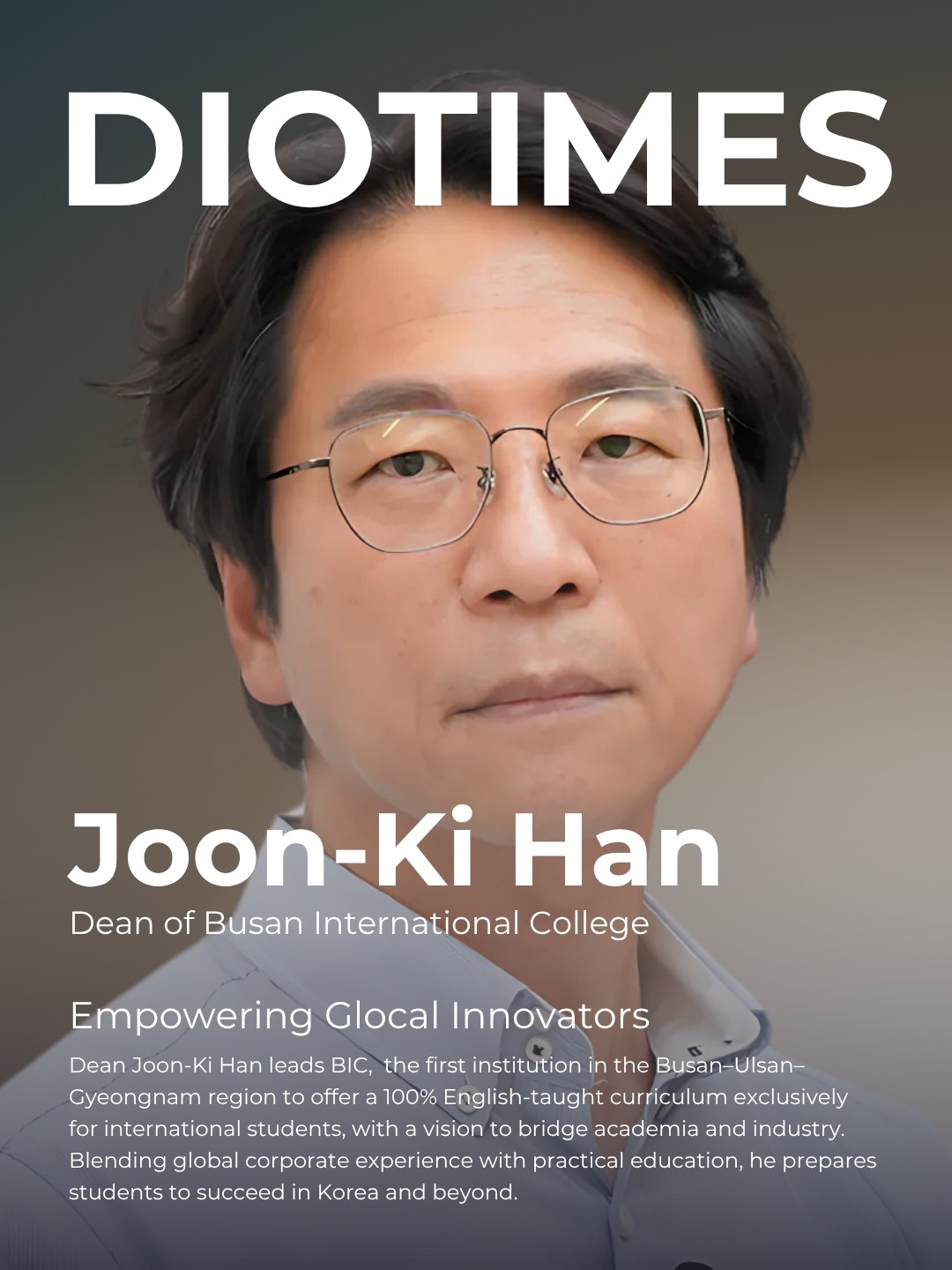You describe yourself as a “DeepTech translator.” Could you explain what that means in practice?
The Business world and academia speak two completely different languages. They both understand time, budget, and form in totally incompatible ways.
The role of a DeepTech Translator, like myself, is to facilitate understanding between the parties, which is not an easy job, although it is a very satisfying one.
Since we partner with both, we have a clear interest in maximizing the benefits of the collaboration to replicate and repeat the process over time.
With over 23 years of entrepreneurial experience and more than 20 companies founded across seven countries, what do you consider your biggest professional achievement?
To have found my ikigai.
Where finally my experience and interests are perfectly aligned.
I can add value to researchers, based on my experience (and by extension my team’s and partners’ experience as well), allowing projects that will change the world and impact the lives of millions of human beings, see the light and reach the market, while helping corporates believe that they can finally work together with academia.
It is an amazing feeling to know we are creating a generational company.
I also dedicate a part of my most valuable asset —my time —to social initiatives and volunteer activities.
What motivated you to specialize in DeepTech, and how has your international background shaped your career path?
When I realized the massive number of projects dying in the labs without reaching the market, based on research financed by our taxpayers’ money, I saw that something had to be done. Researchers, who are incredible minds, although lacking an entrepreneurial mindset and interest, saw a clear opportunity in combining the two skill sets from those two worlds.
Having lived in five countries and travelled to many more has allowed me to understand the world and humans in an unstructured way, seeing opportunities where others see problems, and understanding how important it is to be a kind, humble, and value-adding person in any ecosystem I encounter.
How do you see the role of DeepTech evolving in addressing global challenges such as climate change, health, and digital transformation?
The world is not going to be saved by the next gig economy startup, delivering food in “3 minutes”.
We are going to evolve as a species, by enabling more patient capital, more collaboration, and more professionals, towards the real society transformational sector: DeepTech.
We don’t have Planet B; we want to live healthy for 100+ years and do more with fewer people (an extreme population decrease in developed countries). All of this will be solved by DeepTech Spinoffs, which are being created in labs as I write these answers.
What are the most common barriers companies face when trying to transform patents into successful spinoffs?
The lack of business talent in the ideation and launching phase of the Spinoff.
You lead Valencia’s DeepTech cluster. Could you share some of the most promising projects or success stories that emerged from it?
Quibim led by Ángel Alberich-Bayarri
Health in Code led by Angela Perez
iPRONICS led by Jose Capmany
You call yourself a “proud generalist.” How does being a generalist help you as a CEO in DeepTech and innovation?
As a CEO of this type of initiative, you must wear many hats at the same time to be successful.
Because when you are talking with your team, then a researcher, then the TTO of a University, an investor, a corporation, they all have entirely different interests and motivations, so if you sell yourself as a specialist in a specific area, probably one of those stakeholders will believe they have synergies with you. However, the rest will pass by you.
Fundraising is one of your strengths—what advice would you give to founders who are seeking investment in today’s competitive environment?
People invest in people, especially in the early stages, so make sure you can connect with the decision maker on a human level, don’t try to sell the company or your product, ask yourself first: “How can I add value to him/her?”, and they will buy you first, and your company later. The same applies to customers, particularly in B2B high-ticket sales.
How do you balance strategic planning with the agility needed in fast-changing DeepTech sectors?
Great question, by the way.
The worst decision is not to make one.
So, the balance between going fast, while pointing in the right direction, while documenting the process, is actually a tricky challenge.
The key is to surround yourself (as I have fortunately) with more intelligent people than you, with different talents and abilities (magic powers) like yours.
You are actively involved in Fundación ALMA, supporting children with food, health, and education. How does your social commitment influence your leadership style?
Loved your questions.
Treating the team, Researchers, customers, partners, advisors, and others like human beings, with their strengths and weaknesses, with love and recognition.
I also promote Volunteering activities with all the stakeholders. I have experienced that nothing in the world creates a stronger bond with others than sharing part of your time for the benefit of those in need.
Do you see a growing trend of DeepTech companies integrating social and environmental goals into their business models?
Yes, and yes. DeepTech, at its core, is about improving the lives of humans and the environment in any way possible.
What do you expect to gain and contribute at South Summit Korea 2025?
Gain: Learn from the DeepTech, tech transfer, and venture building experience in Korea and other regions of the world represented in fellow participants, and take those learnings to DeepTech Builder (my Venture Builder) and the Spanish DeepTech ecosystem. In addition to setting up the network, to create an opportunity to expand to Asia in the near future.
Contribute: Talk about my mistakes as a serial entrepreneur and the vast opportunities that lie in the DeepTech world. When we combine top researchers’ and scientists’ skills with business/entrepreneurs, little big bangs spark.
How do you see South Korea’s role in the global DeepTech and AI ecosystem compared to Europe and Latin America?
Having lived most of the recent history under the security threat of your neighbour in the north and the incredible strengths of close Asian neighbours, has allowed the country to bet strongly on R&D, both by the government and key global players such as Samsung, LG, Hyundai, or Kia, to name the most famous ones.
You are among the top 3 in patent applications globally and the best in PPP (public-private partnerships). The key is to support entrepreneurs and emerging startups, enabling the country to scale up in the global entrepreneurship rankings.
Suppose Europe is the conscience of DeepTech, and Latin America is the untapped growth frontier. In that case, South Korea is the high-tech accelerator, compressing innovation cycles and scaling technologies at a rapid pace.
What kinds of partnerships or collaborations are you hoping to establish during the event?
Potential LPs for our soon-to-launch DeepTech Fund.
Players (DeepTech investors and corporates) interested in entering Spain and Israel in particular and Europe in general.
You have lived in five countries and traveled to more than 40. How has this global experience shaped your perspective as a leader?
Every country I have lived in and traveled to have provide me, mainly, a bath of humility, in order to understand how little I am, how thankful I have to be for all my blessings (health and family primarily) and how important is to add value and make sure everyone I meet is a better person, after a short conversation with me. “When someone teaches and someone learns, everybody teaches and everybody learns.”
You describe yourself as a marathon finisher, hospital clown, and Vipassana meditator. How do these personal practices impact your approach to business and leadership?
As a runner, to understand the depth of our minds, being capable of sabotaging ourselves, when sending the signal that we will die at the 35km mark in the marathon, although muting those messages and keep going.
As a hospital clown, we should never forget how grateful we should always be, because of the blessing of being healthy. When we are healthy, we think we have hundreds of problems; when we are sick, we only have one problem…
As a Vipassana meditator, it is incredible how peaceful we can feel when we calm our minds and understand the value of impermanence.
What personal values guide you when connecting people, ideas, and opportunities?
What value can I add to another person? By doing so over time, the person and/or the universe will reward me back in the most unimaginable ways.
Ideas. So, if it doesn’t “feel right”, then it is not right. I always follow my intuition (the accumulation of experience over time). If it can harm a person, an animal, or the environment, then it’s a complete stop, no go.
Opportunities are not lost; someone else will take them. If you follow your intuition, you are usually right, because the decision to take or not to take that opportunity will be based on your past experiences.


